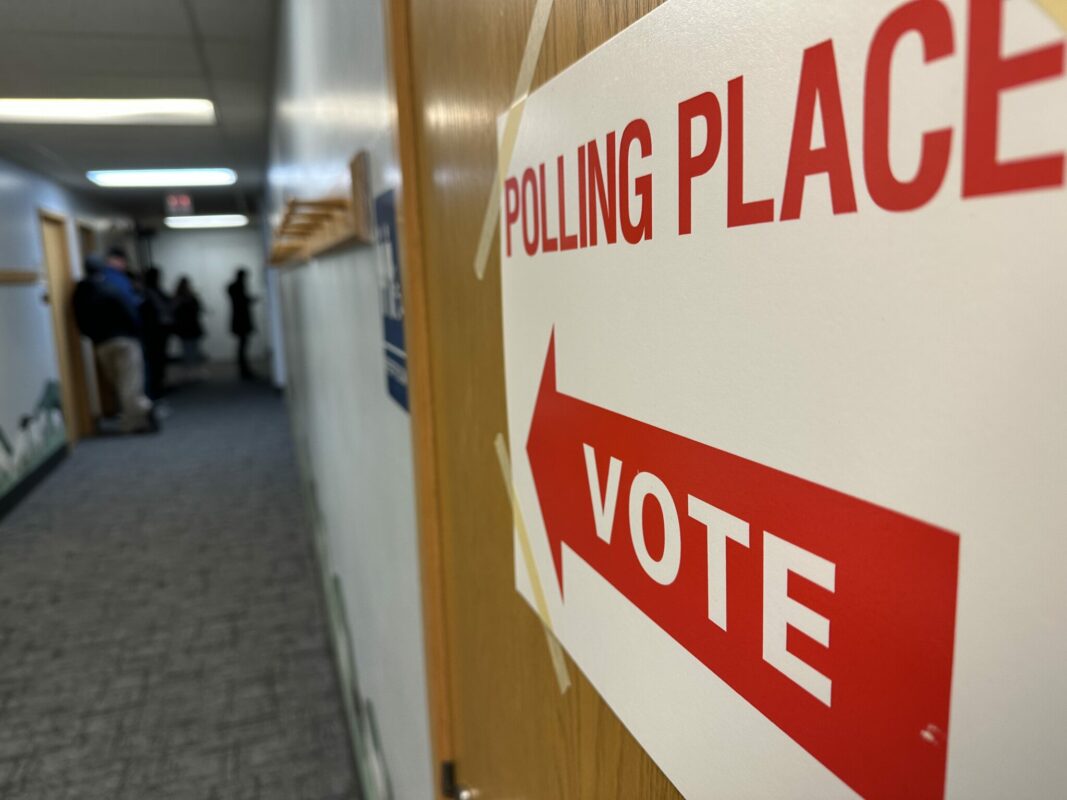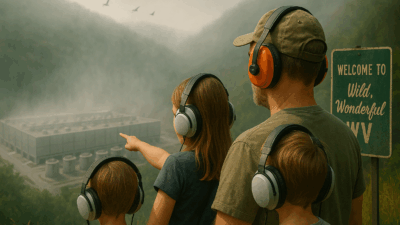After passing gun safety legislation that was signed into law this spring, Democratic state lawmakers plan to further address violence by introducing bills that would keep guns out of the hands of abusers and allow people at risk of suicide to place themselves on a registry barring them from purchasing firearms.

Sen. Stephanie Chang (D-Detroit) and Rep. Amos O’Neal (D-Saginaw) are currently leading efforts to craft legislation that would ban people convicted of domestic violence misdemeanors from possessing firearms until a matter of years after they have completed their jail or probation terms and paid any related fines. The bills are still being crafted, but they will likely specify that eight years must pass before the individual can own, purchase or transport a firearm.
The legislation would also bar anyone with an active personal protection order (PPO) filed against them from owning a firearm.
Currently in Michigan, individuals convicted of domestic violence felonies, as well as other felonies, are barred from owning guns after they have completed their prison sentence and parole or probation.
“This is about preventing domestic violence survivors from experiencing further domestic violence and making sure people convicted of misdemeanor domestic violence can’t have a gun for a period of years,” Chang told the Advance on Monday.
Both Chang and O’Neal have introduced similar legislation in the past. While the bills previously garnered bipartisan support, they did not come up for votes in the Republican-led Legislature. With Democrats now holding a slim majority in both the House and the Senate, Chang expects the legislation to pass – and she said she hopes they do so with the backing of Republican colleagues.
GOP legislators largely did not support the bills recently signed into law that require universal background checks for all firearms, mandate the safe storage of guns in homes with children, and permit a court to temporarily remove a firearm from someone at risk of harming themselves or others.
Democratic lawmakers introduced that legislation after a mass shooting killed three students at Michigan State University on Feb. 13, 2023 and another mass shooting left four students dead at Oxford High School on Nov. 30, 2021. The MSU students who died were Arielle Anderson, Brian Fraser and Alexandria Verner. The students killed at Oxford were Madisyn Baldwin, Tate Myre, Justin Shilling andHana St. Juliana.
The domestic violence legislation will likely be introduced in the late summer or fall, Chang said, and the senator noted it will slightly differ from past bills in that they would also keep people with PPOs filed against them from owning firearms.
“The work the 102nd Legislature has done thus far is commendable, but to protect Michiganders, we must continue our efforts toward commonsense gun reforms,” O’Neal wrote in a statement provided to the Advance.
Chang, O’Neal and advocates noted that gun-related domestic violence is a deadly crisis facing women and families in Michigan. One of every five homicides of women in Michigan involves a current or former intimate partner with a gun, according to data from the Federal Bureau of Investigation (FBI). That number goes up nationwide; O’Neal noted that one in four homicides in the U.S. is related to domestic violence, according to the Educational Fund to Stop Gun Violence.
“The use of firearms in domestic altercations has also been found to increase the risk of fatalities,” O’Neal wrote. “… I am committed to do everything we can to pass this package into law and better protect Michiganders from domestic violence.”
Ryan Bates, an organizer with End Gun Violence Michigan, a group that works to enact gun safety laws in the state, lauded efforts to address domestic violence.
“We advocates think strengthening domestic violence laws is a top priority,” Bates said and added that domestic violence is an “escalatory crime.
“It starts with emotional and verbal abuse and moves into physical abuse,” Bates said. “We know abusers retaliate. Once a woman reports her abuse…if [the abuser] has access to guns, they can take revenge on the woman who, in many cases after many years of abuse, got up the gumption to report them to law enforcement. We want to prevent those revenge killings from happening.”
“To me, it’s an easy vote. I don’t think any politician wants to be put down as allowing convicted domestic abusers to have guns. …Who do they care about? Women, children and families being killed by the men in their lives or the gun lobby?” — Ryan Bates, an organizer with End Gun Violence Michigan
Chang noted that prosecutors are backing the legislation. Wayne County Prosecutor Kym Worthy, for example, was a vocal proponent of the legislation that Chang and O’Neal introduced in 2021.
“The importance of this bill cannot be stressed enough,” Worthy said in a press release from 2021. “It will save lives.”
Bates urged Democrats and Republicans alike to back the upcoming legislation that would keep abusers from owning and purchasing firearms.
“To me, it’s an easy vote,” Bates continued. “I don’t think any politician wants to be put down as allowing convicted domestic abusers to have guns…Who do they care about? Women, children and families being killed by the men in their lives or the gun lobby?”
‘To protect yourself from yourself’
State Sen. Rosemary Bayer (D-Beverly Hills), the former co-chair of the bicameral Michigan Firearm Safety and Violence Prevention Caucus, is now working on introducing legislation that would allow individuals at risk of suicide to place themselves on a list that would ensure they would be temporarily unable to purchase a firearm in Michigan.
The legislation would be “our version of Donna’s Law,” Bayer told the Advance on Monday, referring to bills that have been signed into law in Washington state, Utah and Virginia. The law is named for Donna Nathan, who purchased a gun in New Orleans and shot and killed herself on June 26, 2018. Nathan had voluntarily placed herself in psychiatric hospitals a number of times during 2018.
The Michigan legislation would allow someone to place themselves on a list that would ban them from being able to purchase a firearm for a not-yet-determined amount of time. Bayer, who originally got involved with gun violence legislation because she has known people close to her who have died by gun suicide, added that the legislation may include individuals being able to temporarily and voluntarily house any guns they own with a police department.
“It’s a law that’s intended to reduce suicide,” Bayer said. “It allows people who know that they themselves are at risk of shooting themselves, of suicidality with a gun, to voluntarily put their name on a list.
“It’s to protect yourself from yourself,” Bayer said.

Caucus priorities and banning guns at polling places
In addition to the legislation from Chang, O’Neal and Bayer, Michigan lawmakers are expected to further focus on gun violence prevention through additional bills and funding, Rep. Felicia Brabec (D-Pittsfield) said in an interview with the Advance last week. In April, Brabec was named the chair of the Firearm Safety and Violence Prevention Caucus.
In recent months, the caucus has heard from national and local gun safety groups in an effort to decide what their legislative priorities will be, Brabec said. The caucus will meet on July 21 to likely make a final decision as to what those priorities will be.
While the caucus’ legislative focus has yet to be announced, Brabec said the national and local groups have centered their comments to the caucus around banning guns from polling places, liability for gun manufacturers, addressing domestic violence, and limiting magazine capacity.
Brabec noted that legislation has already been introduced to prohibit firearms from polling places in Michigan. After Michigan Secretary of State Jocelyn Benson announced in February that she would work with state lawmakers to ban guns at polling places, state Rep. Penelope Tsernoglou (D-East Lansing) introduced House Bill 4127 and state Rep. Stephanie Young (D-Detroit) introduced House Bill 4128 to prohibit firearms at polling places on Election Day and during early voting periods. Both bills have been voted out of committee.
“That ball is rolling,” Brabec said with regards to keeping guns away from polling places.
Efforts around community violence intervention are crucial, Brabec said, noting the $82 billion budget that state lawmakers recently passed includes $800,000 to create the Office of Community Violence Services. Lawmakers included $6 million in the budget for that office to provide in annual grants to community violence prevention organizations working to reduce firearm-related injuries and fatalities across the state. Gov. Gretchen Whitmer is expected to soon sign the budget legislation.
“It’s a law that’s intended to reduce suicide. It allows people who know that they themselves are at risk of shooting themselves, of suicidality with a gun, to voluntarily put their name on a list.” — State Sen. Rosemary Bayer (D-Beverly Hills)
The fact that the new office is housed in the Michigan Department of Health and Human services is “vital to us being grounded in community,” Brabec said.
“I think the gun violence epidemic is a public health crisis; I say that unequivocally,” Brabec continued. “To me, that means we need to have a public health response. When I think about public health, I feel they’re much more comprehensive and holistic. They take a broader, global perspective. They look at everything from what needs to be responded to right now to what we need to do with prevention.”
Bates encouraged lawmakers to increase funding for violence prevention efforts and to implement the gun safety laws recently passed.
“The state needs to make a much larger, ongoing investment in community violence intervention and gun safety implementation,” Bates said.
“You need economic development, but you also need to keep children from being murdered,” Bates continued.
Anna Gustafson is the assistant editor at Michigan Advance, where her beats include economic justice, health care and immigration. Previously the founder of the Muskegon Times and the editor at Rapid Growth Media in Grand Rapids, Anna has worked as an editor and reporter for news outlets across the country.
The Michigan Advance is a hard-hitting, nonprofit news site covering politics and policy across the state. We feature in-depth stories, briefs and social media updates, as well as top-notch progressive commentary.







